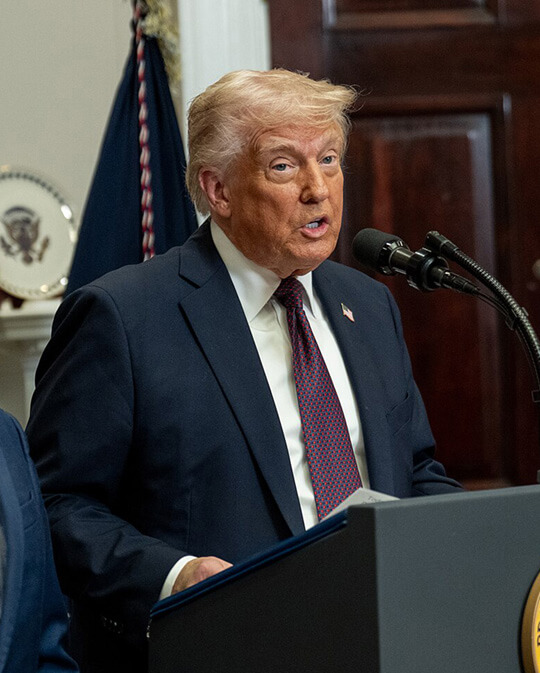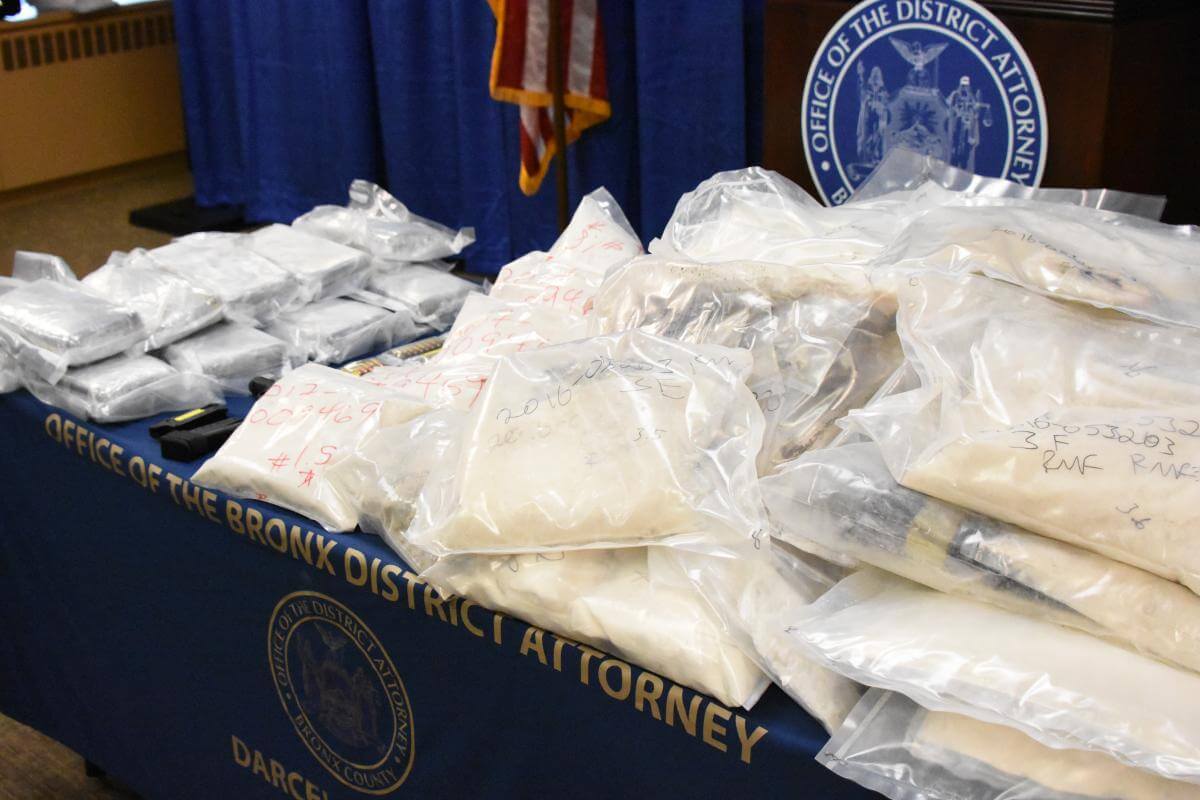
In a significant revelation during a recent Senate Intelligence Committee meeting, top officials from the Trump administration underscored the grave national security threat posed by fentanyl and the drug cartels smuggling it into the United States. The meeting, which brought to light the administration's prioritization of the fentanyl crisis, marked a pivotal moment in recognizing the depth of the opioid epidemic's impact on American society.
Director of National Intelligence Tulsi Gabbard highlighted the alarming statistics associated with synthetic opioids, attributing over 54,000 American deaths to these substances for the year ending in October 2024. Gabbard's commentary underscored the broader issue of drug overdoses that, according to the Centers for Disease Control and Prevention (CDC), led to 84,000 deaths in the U.S. during the same timeframe. These figures reflect a disturbing trend that has put the nation on high alert.
Arkansas Senator Tom Cotton, leading the Intelligence Committee, echoed the severity of the fentanyl crisis. He disclosed that for the first time, the U.S. Intelligence Community's annual threat assessment has listed foreign illicit drug actors as the foremost threat to U.S. national security, a categorization that positions the fentanyl crisis above longstanding national security concerns such as Iran, North Korea, and Russia.
The discussion during the committee hearing extended to the role of Mexican-based cartels and China's involvement in the fentanyl trade. These cartels, according to Cotton, have been exploiting industrial chemicals sourced from China to manufacture fentanyl, thereby exacerbating the United States' drug crisis. This complex web of international drug trafficking has prompted the Trump administration to adopt aggressive measures, including placing tariffs on China, Canada, and Mexico, aimed at stifling the flow of fentanyl into the country.
President Donald Trump's administration has taken a hardline approach to combat the fentanyl epidemic, notably declaring drug cartels as terrorist organizations through an executive order and advocating for the death penalty for drug dealers. These measures reflect a broader strategy to tackle the opioid crisis head-on, despite the myriad of other issues demanding the administration's attention, including tensions in the Middle East and cybersecurity concerns.
Despite these efforts, the fentanyl crisis persists, with opioid-related deaths experiencing a 26% decrease between 2023 and October of the following year, according to the CDC. This slight improvement, however, does not diminish the scale of the crisis, which continues to be a major concern for policymakers.
As drug cartels, especially those operating from Mexico, remain a top concern for U.S. national security, the Trump administration's focus on combating the illegal drug trade and addressing the root causes of the opioid epidemic is more critical than ever. The ongoing efforts to disrupt cartel operations and stem the flow of fentanyl and its precursors from China are expected to remain central to U.S. strategy in the foreseeable future, highlighting the complex and evolving nature of the threat posed by fentanyl to the nation's security and well-being.





